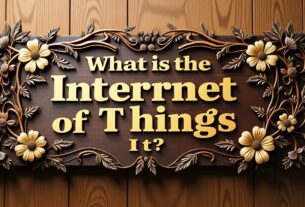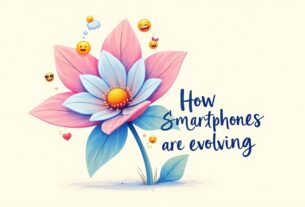Artificial Intelligence (AI) is no longer just a futuristic concept—it’s a powerful force actively reshaping our world today. From smart assistants in our homes to advanced algorithms that diagnose diseases or create artwork, AI tools are driving innovation across every sector. In 2025, the latest AI tools are smarter, faster, and more accessible than ever before, playing a pivotal role in transforming industries, improving lives, and solving complex global challenges.
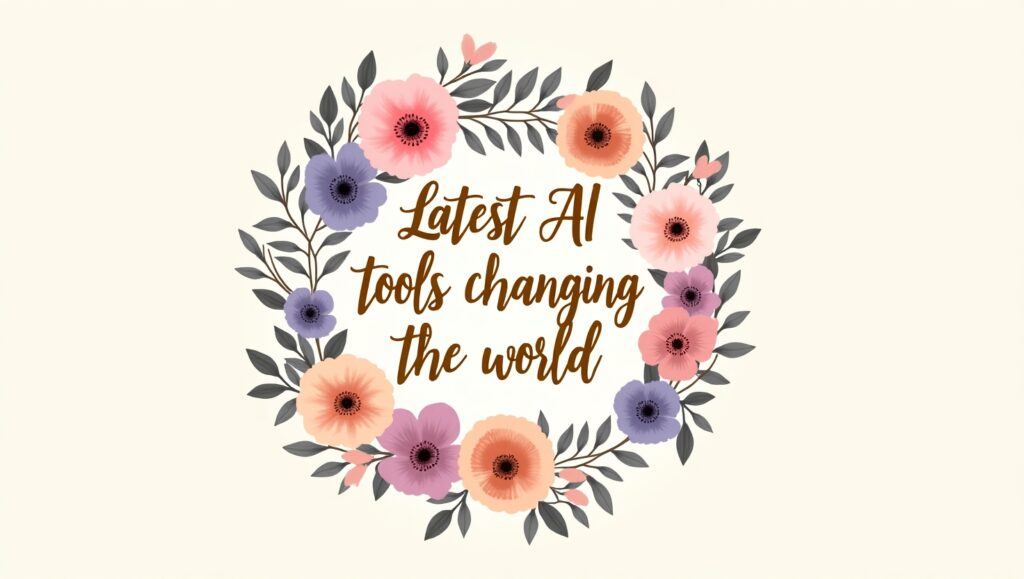
1. AI in Healthcare: Precision and Prevention
Healthcare is one of the most revolutionary fields benefiting from AI advancements. Tools like Google DeepMind’s AlphaFold have mapped out nearly every known protein structure, accelerating drug discovery and disease understanding. In 2025, newer AI tools use real-time patient data to predict diseases before symptoms appear. Platforms like IBM Watson Health are diagnosing conditions like cancer and recommending treatment plans with greater accuracy than human doctors.
Moreover, AI-powered chatbots and virtual health assistants are now handling initial consultations, monitoring chronic conditions, and offering mental health support, making healthcare more accessible, especially in remote and underserved areas.
2. Generative AI: Transforming Creativity and Content
Generative AI has exploded in popularity, especially with tools like OpenAI’s ChatGPT, DALL·E, and Sora, which allow users to create human-like text, images, and even videos. In 2025, these tools are revolutionizing content creation for writers, marketers, educators, and filmmakers.
For instance, companies are using AI to generate entire ad campaigns, YouTube videos, and blog posts, cutting down production costs and time. Musicians and artists collaborate with AI to generate new melodies, lyrics, and visual artwork, blending human creativity with machine intelligence.
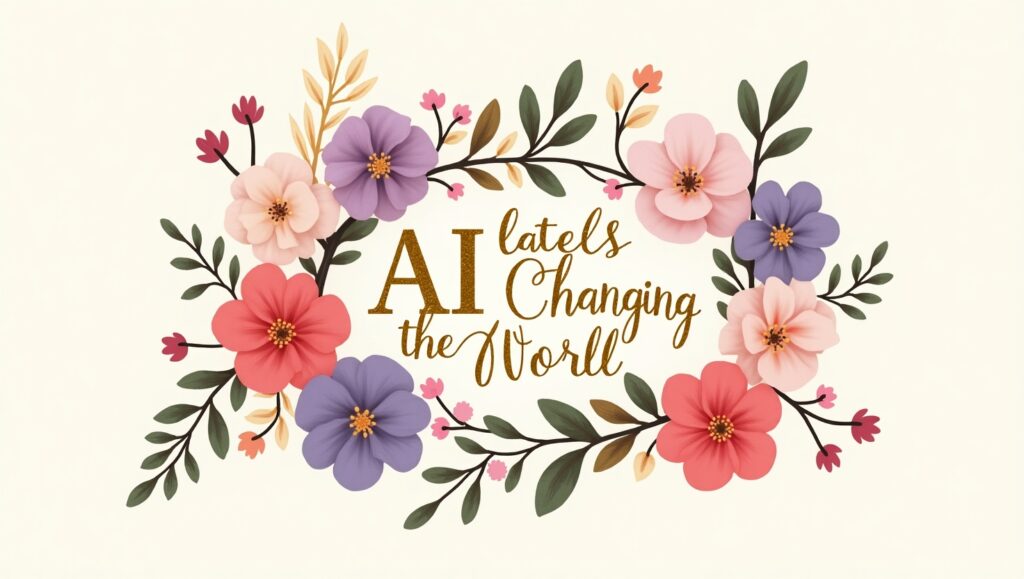
3. AI in Education: Personalized and Interactive Learning
AI tools are reshaping how students learn and teachers teach. Modern platforms like Khanmigo by Khan Academy, powered by GPT-4, serve as AI tutors that adapt to individual learning styles. In 2025, schools worldwide are leveraging such tools to deliver personalized lessons, provide instant feedback, and track student progress in real time.
Furthermore, AI is bridging language barriers with real-time translation tools and voice assistants, helping students from diverse backgrounds access quality education. Interactive AI avatars and virtual classrooms make learning more immersive, engaging, and inclusive.
4. AI in Business and Finance: Smart Decisions in Seconds
From automating mundane tasks to providing high-level analytics, AI is optimizing business operations across industries. Tools like Salesforce Einstein and Microsoft Copilot are helping businesses make data-driven decisions, manage customer relationships, and enhance productivity.
In finance, robo-advisors powered by AI are managing investments, predicting market trends, and detecting fraud in real-time. Algorithms now execute trades in milliseconds based on market sentiment, news, and historical data, giving investors an unprecedented edge.
AI-driven chatbots also handle customer service across multiple languages and platforms, improving response times and customer satisfaction.
5. AI in Transportation: Smarter, Safer Mobility
Autonomous vehicles are becoming more reliable thanks to AI tools that process massive amounts of sensor data. Tesla’s Full Self-Driving (FSD) software and similar systems are advancing toward full autonomy, promising safer and more efficient travel.
In 2025, AI is also optimizing public transport routes, reducing traffic congestion, and managing logistics for global shipping networks. Drone delivery systems powered by AI are becoming common in urban areas, improving last-mile delivery efficiency.
6. AI in Cybersecurity: Fighting Evolving Threats
With the rise in digital threats, AI is essential for real-time monitoring and defense. Tools like Darktrace use machine learning to detect unusual patterns and stop cyberattacks before they escalate. In 2025, AI-powered cybersecurity systems are protecting critical infrastructure, from power grids to financial systems, with greater speed and precision than ever before.
AI also helps identify and block phishing attempts, detect data breaches, and secure personal information, making the digital world safer for individuals and businesses alike.
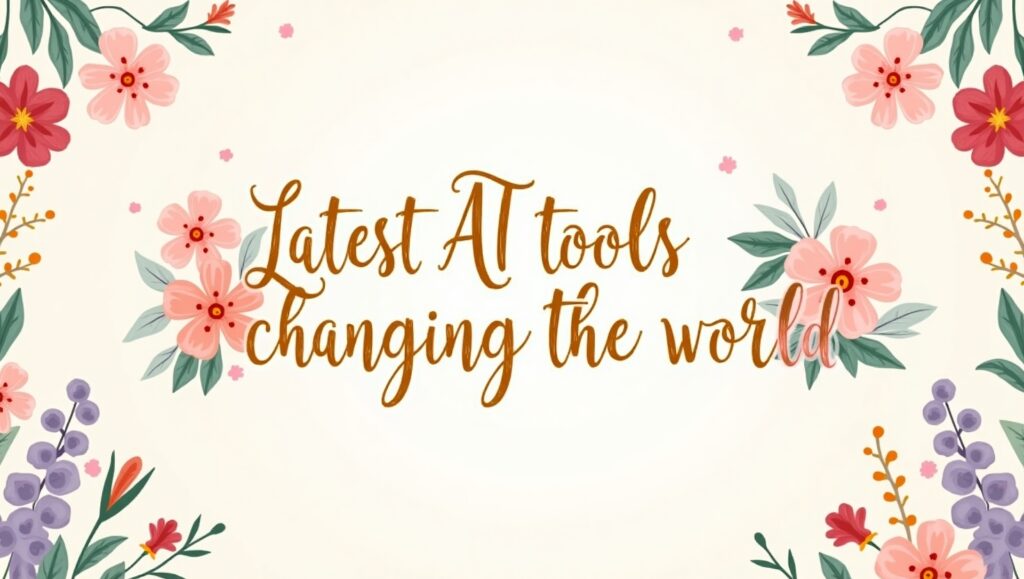
7. Ethical AI and Responsible Development
As AI becomes more influential, so does the responsibility to use it ethically. New tools are being developed to ensure fairness, transparency, and accountability in AI decision-making. Companies and governments are introducing strict regulations and ethical frameworks to guide AI deployment, ensuring it benefits everyone without bias or harm.
AI auditing tools now evaluate whether algorithms are discriminatory or misused, promoting a more just and responsible use of technology.
Final Thoughts
The latest AI tools in 2025 are no longer just support systems—they are active collaborators in our daily lives. From enhancing creativity and education to improving healthcare and business, AI is unlocking human potential in unimaginable ways. As this technology continues to evolve, it’s crucial to embrace innovation while ensuring ethical and equitable use. The future shaped by AI is here—and it’s changing the world for the better.


